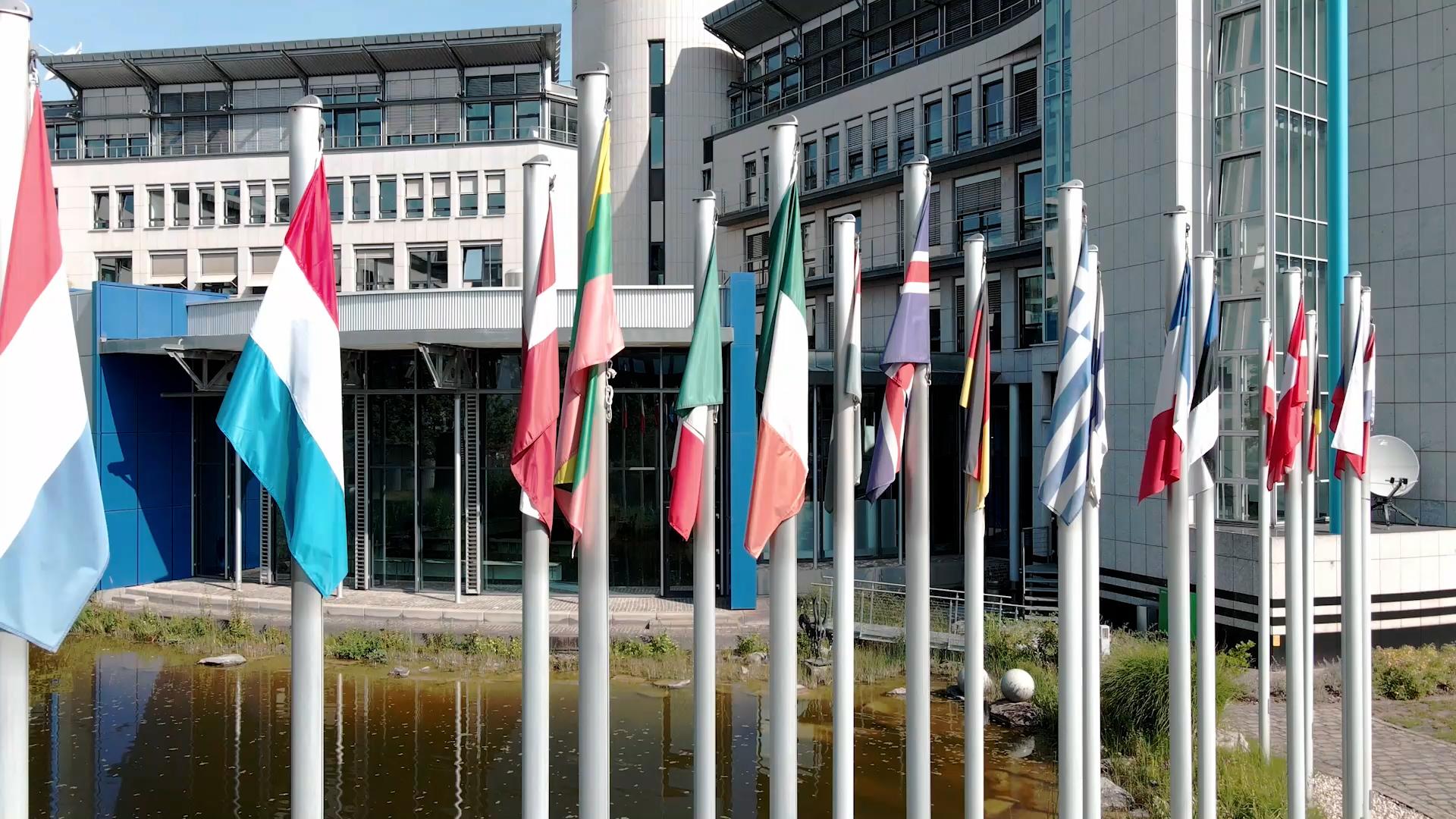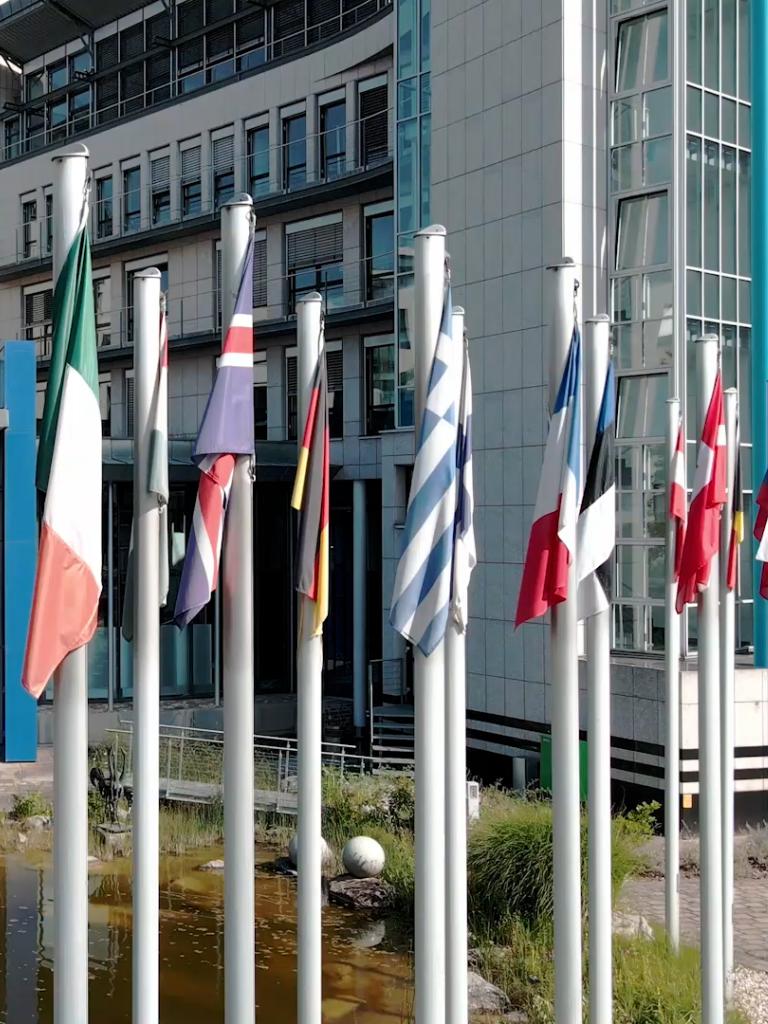DG CLIMA leads the European Commission’s efforts to fight climate change, developing and implementing legislation to help the EU reach its 2030 climate target and, ultimately, climate neutrality by mid-century.
Achieving net-zero greenhouse gas emissions in the EU by 2050 requires easy, timely and reliable access to a large range of Earth observation data. These are essential for shaping meaningful policies and also serve as a benchmark for evaluating the effectiveness of implemented measures.
“We deeply appreciate the high-quality, long-term data that EUMETSAT provides for climate and greenhouse gas monitoring, as well as your critical contributions to the Copernicus programme and the Destination Earth initiative,” explained Kurt Vandenberghe, Director-General at DG CLIMA. “EUMETSAT’s role in providing data and solutions is vital for understanding, monitoring, mitigating, and adapting to climate change. Your ability to collect, process, and analyse vast amounts of data, coupled with your capacity to deliver actionable insights and services, is indispensable in supporting the implementation of climate policies and legislation. The further development and deployment of European satellite technologies will also boost the overall competitiveness of our economy, bringing substantial benefits to our businesses and citizens.”
“Extreme weather events cost European countries between €450 billion and €520 billion and at least 85,000 lives in the four decades from 1980 to 2020. Such dramatic figures are a constant reminder that our high-resolution and long-term datasets contribute to making our member states more resilient,” added Phil Evans, Director-General at EUMETSAT. “Beyond our operational mandate to manage and deliver a very wide-range of space-based greenhouse gas, ozone, aerosol, cloud and other data, we are also at the forefront of developing and implementing innovative technologies that will prove to be game changers in the fight against climate change. Artificial intelligence is part of this package, as is the Destination Earth project. We look forward to a closer cooperation with DG CLIMA.”





